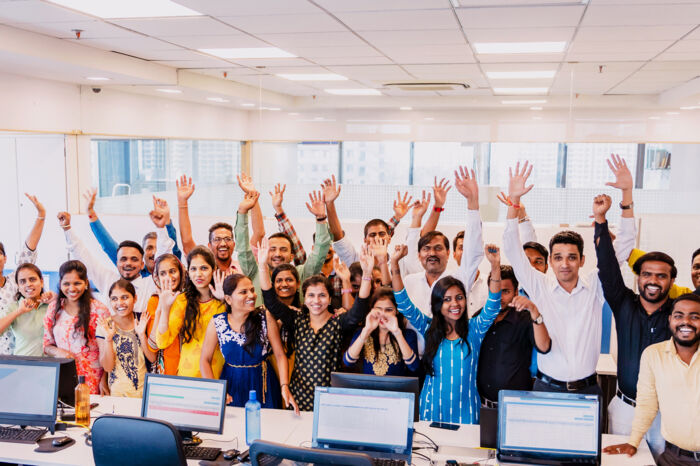
Here’s how our association sustainability strategy works:
- Capacity-building & education
Continuing professional development, accreditation programmes, and industry-wide standards are at the heart of most professional and trade associations. These initiatives focusing on skill-building, competencies and on-going training can be a critical tool in addressing sustainability challenges.
- Best practices and quality assurance
Many associations are developing specific certification programmes to address and promote sustainable practices in their industry, sector, or profession.
- Technical standards and specifications
Through codes, standards, guidelines and specifications, associations can help individual members and member companies understand and improve the practical implications of key sustainability issues. These measures also underwrite and stimulate best sustainable practices.
- Benchmarking and research
Associations can conduct and publish research that encourages members and customers to reach the highest levels of performance – and also holds them accountable. Benchmarking reports are an effective tool to help monitor and measure continuous improvement and traction toward the SDGs.
- Information and knowledge sharing
Associations already help members, member companies and other stakeholders – including government agencies – stay abreast of the latest trends and innovate. They sometimes choose to focus enhanced knowledge-sharing around specific SDGs, including providing practical tools, examples, and case studies.
- Code of conduct
Ethical standards, codes of conduct and operating principles are a foundational element of professional and trade associations. They can be used to help implement best sustainable practices among members, customers and the entire industry or profession.
- Advocacy and public affairs
Associations play a strong role as a trusted and representative voice of their industry or profession. The collective voice of members and customers can influence governments and policy development toward effective change that advances the SDGs.
- Partnerships and affiliations
One of the most impactful ways associations can address the long-term goals of the UN’s 2030 Agenda for Sustainable Development is by forming partnerships with relevant organisations, agencies and institutions to accelerate change and tackle specific challenges.

We strongly believe that sustainable experiences have a better outcome for our clients and deliver a positive impact far beyond the event. Over the years, we have consistently proven that, by embedding sustainable thinking in everything we do, we can improve efficiency, quality and participants’ experience, and simultaneously accelerate innovation. This holistic approach to sustainable event management can reduce costs, improve environmental impact, strengthen brand reputation and leave a lasting social legacy within communities.
In our Company Report you'll discover how mci group is setting new industry benchmarks though our significant advancements in sustainability and diversity. To find out how we can help you do the same, contact your nearest MCI office.




